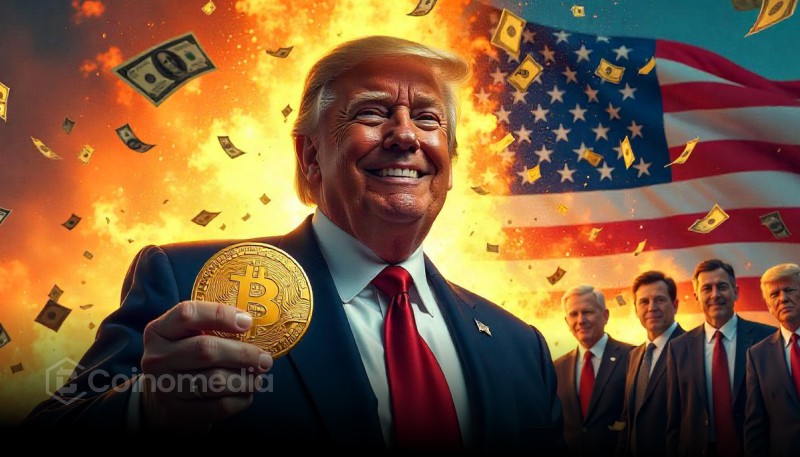Trump: Tariffs Could Replace Income Tax
Trump claims tariff revenue could generate enough to eliminate income tax, signaling a bold economic shift.

- Trump says tariff revenue could fully replace income tax.
- The plan hints at a major overhaul of U.S. tax policy.
- Markets and analysts react to the bold economic claim.
Trump Floats Radical Tax Reform Idea
In a headline-making statement, former President Donald Trump said that the U.S. could raise enough money from tariffs to potentially eliminate income tax altogether. The comment, made during a recent speech, marks one of Trump’s boldest economic proposals yet and is sparking intense debate among economists and policymakers.
According to Trump, imposing higher tariffs on foreign goods—particularly from countries like China—would generate “massive revenue,” potentially enough to make income taxes obsolete for American citizens.
Can Tariffs Really Replace Income Tax?
While the idea sounds appealing to many taxpayers, economic experts are more cautious. In 2023, the U.S. government collected over $2 trillion in personal income taxes. Replacing that with tariff revenue would require extraordinarily high import duties across a wide range of goods—something that could disrupt global trade relationships and drive up domestic prices.
Critics warn that such a system could place the financial burden disproportionately on consumers, as higher tariffs typically lead to more expensive goods. Supporters, however, argue that it would bring jobs and manufacturing back to the U.S. and reduce dependency on foreign imports.
Implications for Markets and Crypto
A radical shift away from income tax toward tariffs would have wide-reaching effects—not only on the economy but also on financial markets and even crypto. Investors may seek hedges like Bitcoin if inflation spikes due to rising import costs. At the same time, the idea of a simpler tax structure could attract crypto innovators looking for less regulatory complexity.
While it remains to be seen if such a policy could be implemented, Trump’s statement has added another unpredictable layer to the 2024 political and economic landscape.



